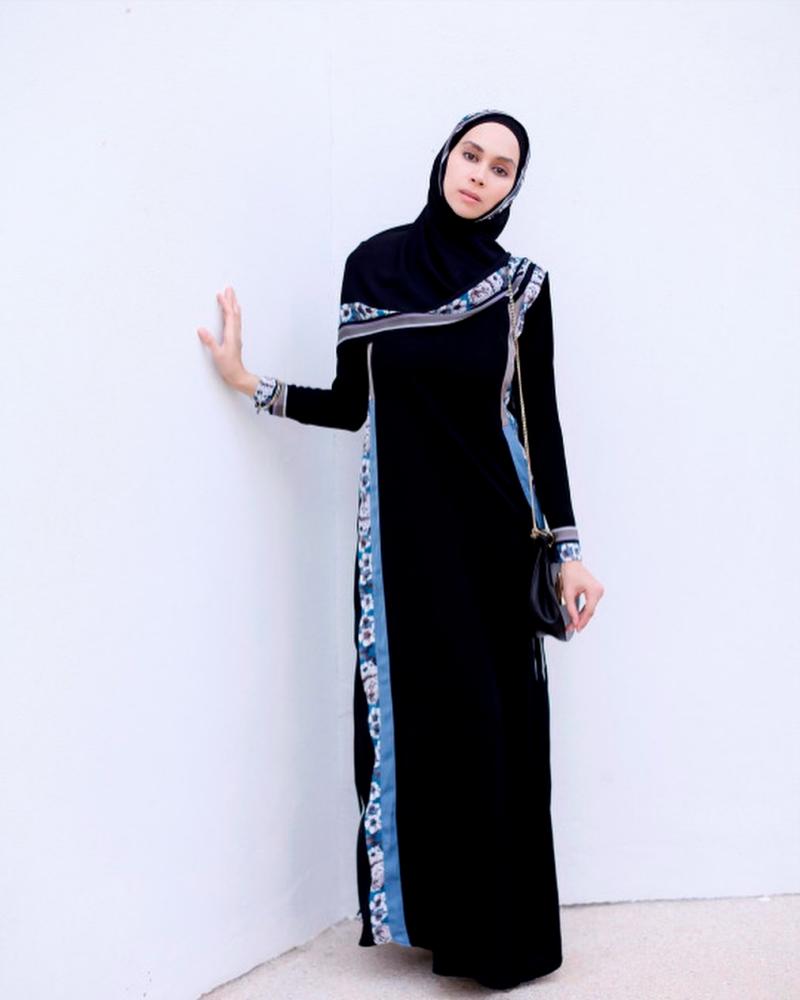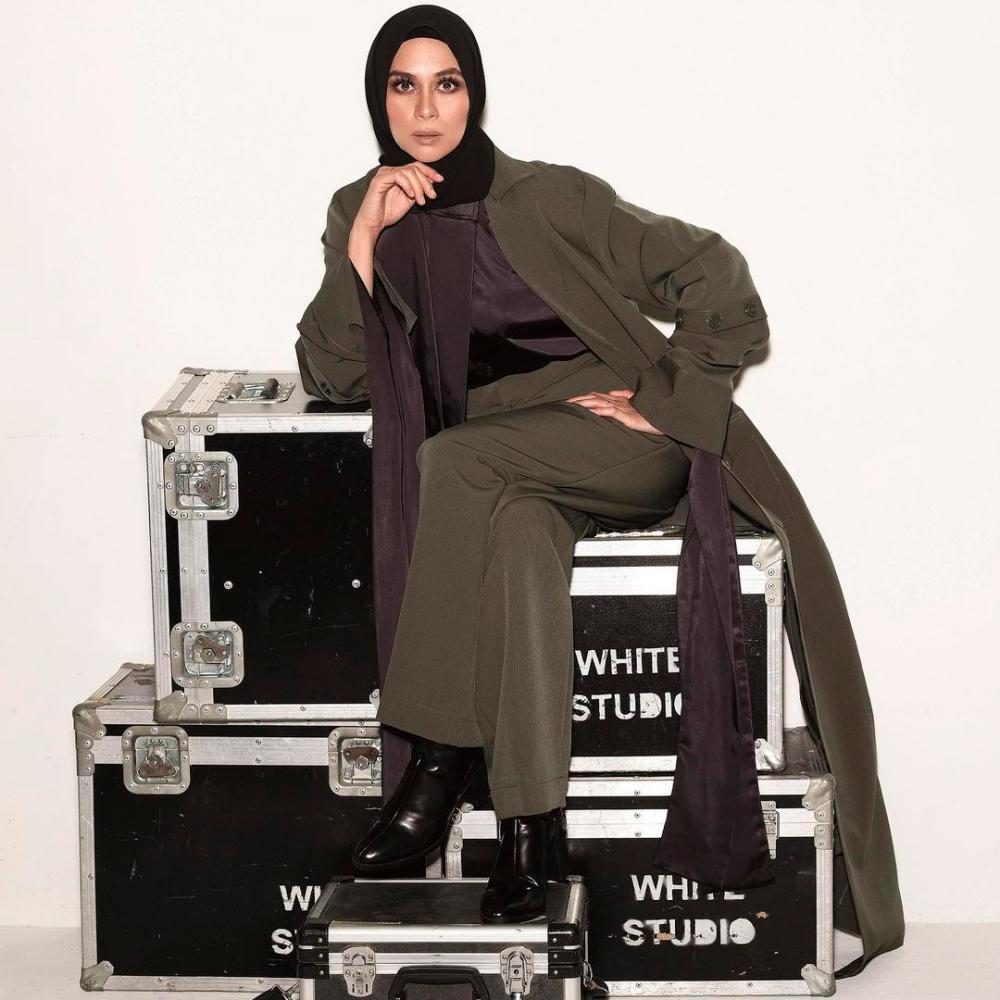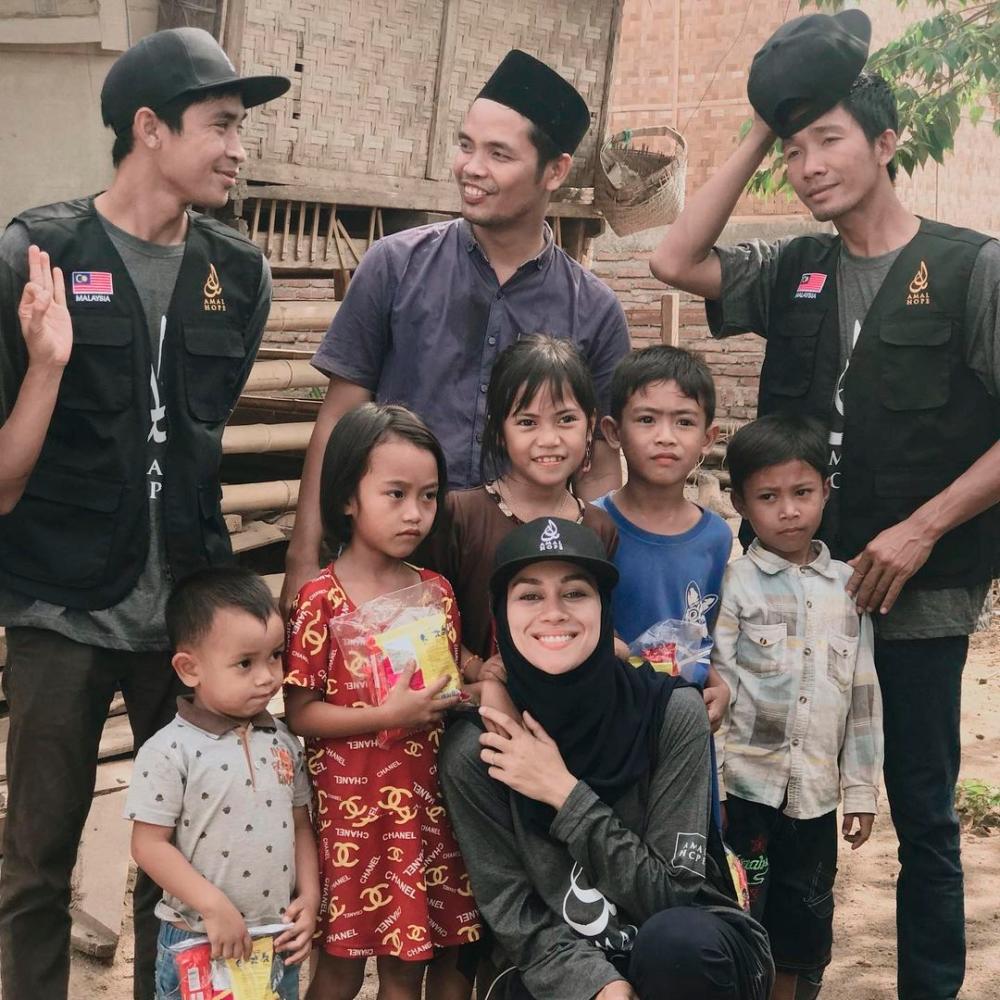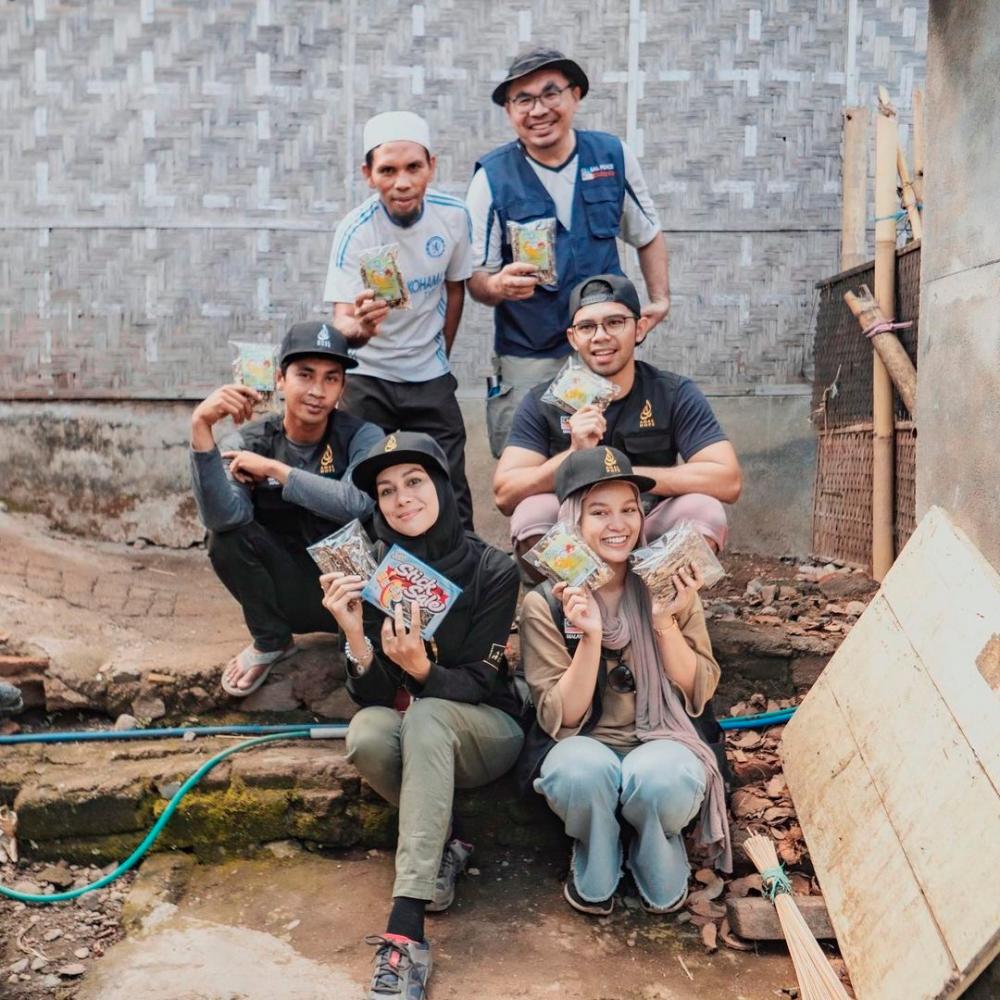THOSE who are keeping tabs on model-actress Natasha Hudson’s acting career would know that she has been on a hiatus from the film and TV industry.
To our surprise, the 38-year-old has revealed that she is ready to make a comeback after almost seven years away from the camera, during which she gave her undivided attention to building her family and business ventures while getting a degree in Islamic Studies.
“Now, I feel that I’m confident and stable enough to split my time between commitments and career,” she said.
One of her many accomplishments is setting up AmalHope in 2017, a non-governmental organisation (NGO) focusing on empowering marginalised segments of society through moral values, education and humanitarian aid.
“After I graduated in 2017, I decided to give free educational and motivational classes, predominantly to women. It started as a social circle for women who needed support and help, be it emotional or mental support, and everything else just happened naturally from there.”
“I’ve never really had any difficult challenges that I couldn’t get past throughout the journey of establishing AmalHope, but without those challenges, big or small, I wouldn’t have learnt how tough the work in an NGO can be.
“One thing for sure is that it’s never easy to raise funds and achieve our targets but it has always been sufficient, and I’m eternally grateful.”
Could you share some of the earliest influences that have shaped your views on human welfare?
My mum has always instilled social values in me in regard to giving back to the community. Growing up, I was deeply affected by the sufferings and struggles in some of the world’s most neglected communities, and I feel a sense of duty to give back and truly make a difference.
I aspire to make real changes. It brings great satisfaction and meaning to life.
What are some of the initiatives carried out by AmalHope?
We started off building homes in war-affected areas like Idlib in Syria. Then, we cared for a village in Lombok, Indonesia that was affected by earthquakes every year. We also work very closely with our partners in Gaza yearly, providing aid and shelter for the Syrian refugees based in Jordan.
It’s important that we not only distribute essentials for them to rebuild their homes but also give much-needed emotional support on how to rebuild their lives.
In Malaysia, we are assisting the poor and orphans on an island in Kelantan, as well as the families and frontliners affected by the pandemic during the many months of lockdown last year. On the same note, we are currently focusing on the homeless on the streets of KL.
What helps to build relationships and effectively engage with crisis-affected communities?
We have a heavy task force. It has to be understood that we are doing our absolute best in all our efforts and initiatives. We work extra and do extra because there is no such thing as too much.
I have always hoped that I had more to give but at times, our voices too are not heard.
Relationships are built and engaged when partners and NGOs of the same mindset join hands. Databases and contacts need to be shared, and there has to be plenty of room for open discussions and assistance, instead of thinking about how one is better than the other. We need to drop our ego and work as a unit.
Material contributions are often offered to affected communities instead of mental health and psychosocial support. How can we improve such outreach?
AmalHope has experts we work with for this exact reason. Other than the usual monetary contribution, I have always emphasised on the importance of mental health and ways we could help in another branch of AmalHope.
We simply can’t neglect this aspect, their emotional and mental wellbeing are equally important as a roof over their heads.
How should humanitarian organisations and institutions adapt to these changing times?
By shifting our priorities with time. I know that we can’t travel but we can still build teamwork within our country and with others. More initiatives need to be done regardless of the scale. We need to be more observant and attentive to what is needed at this present moment.












